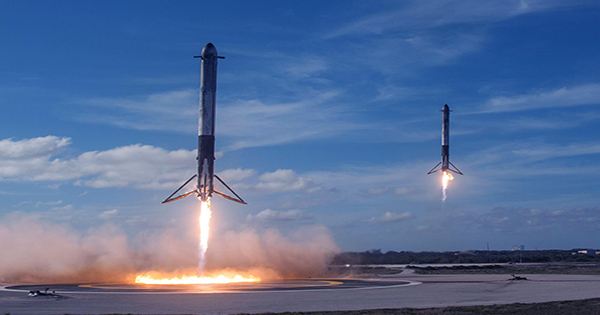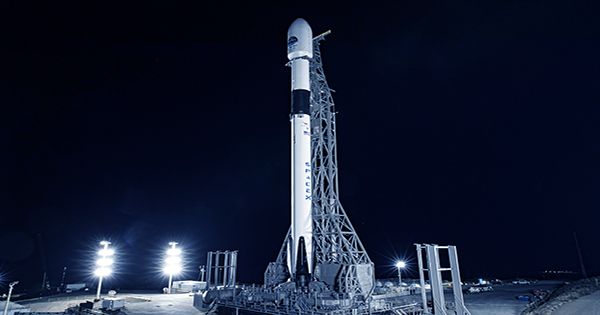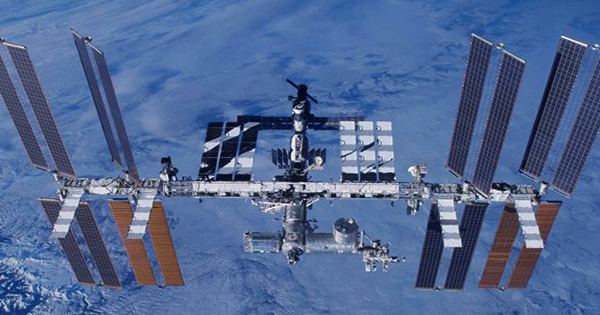On June 4, the Air Force Department designated Rocket Cargo as the fourth Vanguard program to increase the output of science and technology. This specific project will be led by the US Space Force, founded in 2019 by President Donald Trump. This is their first program. The work of the Airport Research Laboratory (AFRL) of Rocket Cargo Vanguard will first work to understand whether a rocket can be used as part of the global logistics of the Department of Defense for global personnel and cargo transportation.
It will also see that such rockets could be used to deliver cargo worldwide. Chief of Space Operations Gen. John W. “Jay” Raymond, said in a statement, “Rocket Cargo Vanguard is a clear example of how the space force is developing innovative solutions as a service, especially from space, and the ability to provide independent alternatives to space.”
“Once realized, rocket cargo will quickly fundamentally change the logistical landscape, connecting the material to joint warfare within a fraction of the time today. In the event of a conflict or humanitarian crisis, the space force will be able to provide our national leadership with an independent alternative to achieve strategic goals from space.” Rocket-delivered cargo was previously considered very expensive, since one kilogram (two pounds) of material was found in space in the order of several thousand dollars. Reusable rockets from commercial companies like SpaceX are starting to change that – so perhaps rocket supplies could soon be affordable.
The U.S. Air Force on Friday (June 4th) launched a new rocket cargo program with the Space Force to study the use of commercial spacecraft to deliver supplies around the world – and they could keep an eye on NASA’s Lunar Lander program for ideas. If the project, called Rocket Cargo, goes ahead as planned, the fast-growing rocket industry will take the opportunity to compete in launching satellites into space.
As search for rocket companies began, an idea published by the U.S. Air Force Research Laboratory (AFRL) blew up Silver Starship prototypes tested by SpaceX in South Texas. Over the past decade, new industry entrants such as SpaceX, Relativity Space, and Rocket Lab – driven by new skills in rocket production, self-landing, and growing demand for cubesat – are growing to compete with industry standby, such as ArianeSpace and the United Launch Alliance.
















